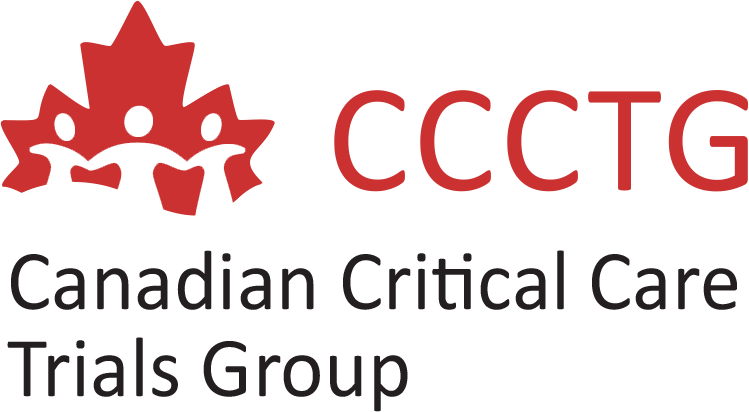The Pan-Canadian Core Consent Project (in partnership with CIHR)
CREATING A TEMPLATE FOR INFORMED CONSENT THAT IS PARTICIPANT-CENTRED
Requirements for ethics approval differ among institutional and provincial research ethics boards (REBs) including requirements for informed consent, a key element of the ethics submission and research process.
The requests for changes in the materials are at times complex or unclear. Studies that involve multiple hospitals or research programs require ethics approval in each applicable jurisdiction which can cause delays due to inconsistencies across REB requirements. Informed consent forms are getting longer but are not leading to increased awareness of risk on the part of the participant.
Participants often report dissatisfaction with these documents and have called for simplification of informed consent forms where possible.
The “Core Consent” Project aims to create and publish a template that addresses the legal and policy requirements in Canada for informed consent, focusing on presenting only the information that potential participants really need to make an informed decision, in an understandable way.
The project will involve:
► Gap Analysis
Completed: This document identified all elements of informed consent required by the main compliance, regulatory, and policy documents (Health Canada regulations and guidance documents, TCPS 2 (2022), US Food and Drug Administration regulations, and ICH Good Clinical Practice guidelines) and compared the elements required in publicly available templates for informed consent that are used by local and provincial REBs in Canada.
► Evaluation
From the elements of the gap analysis, and with broad input (as outlined below) the fundamental elements of informed consent will be incorporated into a short, concise template for informed consent and recommended elements of a supplemental research package.
► Review
The project is guided by an Advisory Group of experts from across Canada including REB administrators, research ethics experts, researchers, and patient partners. We will be establishing a separate group of Patient/Family Partner Advisors. The Gap Analysis was presented at the Canadian Association of Research Ethics Boards (CAREB) 2023 Annual Meeting. The draft template will be presented at CAREB 2024 Annual Meeting. In addition to input from the Advisory Group and Patient Advisors, we will invite consultation and review electronically by a broad group of informed and interested individuals through this website.
► Publication
Anticipated 2024/25
Interested People with Patient Experience Needed

We will be seeking input from individuals who have an interest in clinical research, and/or who have lived experience as a patient or as a family member of someone who has been approached to participate in health research.
Who We Are
Canadian Institute for Health Research Ethics Office and the Canadian Critical Care Trials Group (CCCTG) are working together on this project.
This project follows the methods of a previous one, developed by the CIHR Ethics Office with the Institute of Genetics, to create a core set of elements for documents used to obtain participant consent for human genomics research in Canada (this has been published in CMAJ).
The research team includes (in alphabetical order):
- Jaime Flamenbaum, Senior Ethics Advisor, Research Ethics Office, CIHR
- Holly Longstaff, Director, Research Integration & Innovation, PHSA
- Brenda Lucas, Executive Director CCCTG
- Srinivas Murthy, Investigator at BC Children's Hospital and Clinical Associate Professor, Department of Pediatrics, Faculty of Medicine, at University of British Columbia
- Brittney Schichter, Lead, Advanced Care Planning, PHSA
